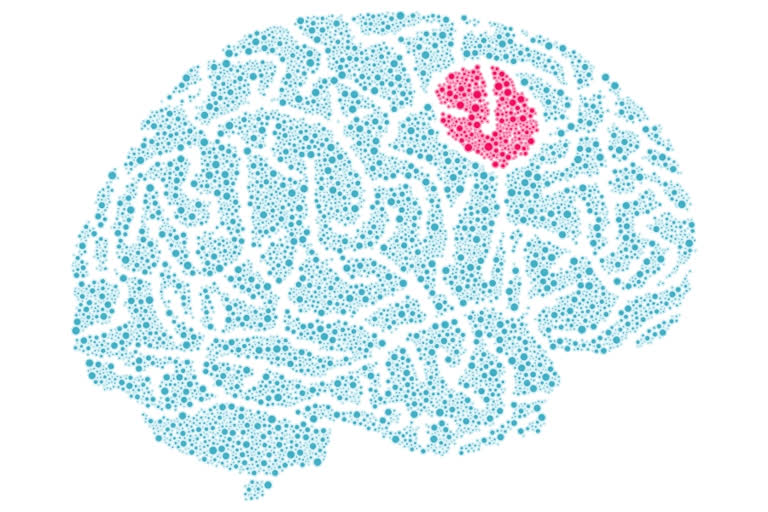A brain tumour develops when certain genes in a cell's chromosomes become faulty and cease to function properly. These genes typically regulate the rate at which the cell divides and repair genes that correct deficiencies in other genes, as well as genes that should cause the cell to self-destruct if the damage is irreparable.
A person may be born with a partial defect in one or more of these genes. Moreover, environmental factors may then cause additional mutilation. In a few other cases, however, environmental damage to the genes can be viewed as the sole factor. Here is what more you need to know about it.
Behavioural changes caused by brain tumours
Brain tumours and their treatments, in general, can alter a person's behaviour and ability to think. Patients' communication, concentration, and memory skills may suffer, and their personalities may shift. Brain tumours frequently cause personality changes and mood swings. Although the severity of these mood changes varies from person to person, it is relatively common for someone with a brain tumour to experience increased aggression and agitation.
Also read:How does COVID-19 infection damage the brain?
A brain tumour may also cause weakness, dizzy spells, poor balance or lack of coordination, personality or behaviour changes, confusion, speech problems, and fits (seizures). However, it is critical to note that the impact of a brain tumour on quality of life is determined by whether the tumour is benign or malignant in nature.
- Benign tumour: In the case of benign tumours, there is little variation in the patient's quality of life. There may be neurological deficits that can be corrected with regular physiotherapy and rehabilitation. We can keep a close eye on tumour recurrence using serial imaging. In the event of a relapse, the patient may be subjected to radiation or surgery. To answer an underlying question, a benign tumour does not impair quality of life after the ailment has been contracted. Most tumours do not leave residual deficits, making it simple to return to normalcy with timely rehabilitation and psychotherapy.
- Malignant tumour: The outcome of a malignant brain tumour is determined by the grade of the tumour itself. If the tumour is of Grade 1, the characteristic features that accompany it behave more or less like a benign tumour. However, chemotherapy and radiation are required for a Grade 4 tumour, which causes skin discoloration, hair loss, fatigue, and other physiological changes. As a result, people's quality of life suffers. Nonetheless, with the proper treatment and time, these changes are completely reversible.
One thing to remember, regardless of the nature of the tumour, is to maintain a positive attitude toward the illness itself. A strong mind-set greatly aids the patient in overcoming the trauma of having a cancerous brain tumour. A holistic, positive outlook on life can go a long way toward rehabilitating a post-ailment patient. Needless to say, family support and strength go a long way toward a fruitful and blissful life for the patient. (IANS)
